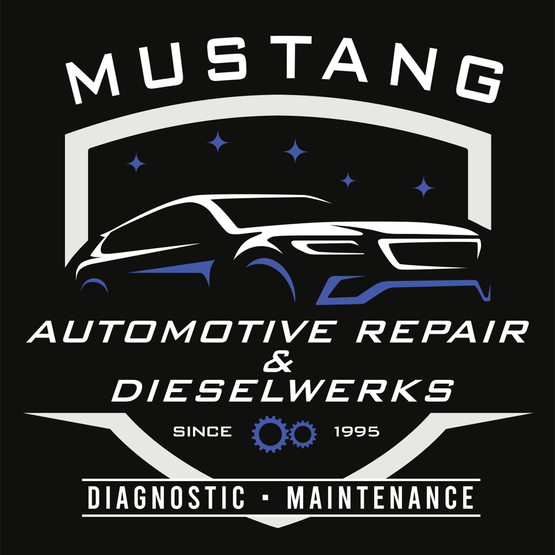Oklahoma: What Is the Risk of High Oil Change Intervals?
April 7, 2024
Oklahoma residents may have heard that vehicles don't need their oil changed as often as they used to. That's true. But it's not the whole story.
Owing to improved engine technology and higher oil quality, most newer vehicles can go longer between oil changes than their older counterparts.
So what is a good time interval for oil changes? How do Oklahoma residents know when to change it? And why do we change it in the first place?
Oil lubricates a vehicle's engine, which protects it from friction damage. Over time the oil can collect dirt and contaminants that inhibit its performance. But dirty oil isn't the only problem for Oklahoma residents. What you really want to avoid is called oil sludge.
Oil sludge is caused by moisture in the oil and by hot spots in your engine that burn off oil. This sludge is a gooey gel that can clog engine passageways, which can block lubricants from reaching vital engine parts. The result can be engine wear or even engine failure.
Sludge forms rapidly in an engine that is driven under what are termed “severe conditions.” A vehicle's owner's manual includes recommendations for oil change intervals under both normal and severe conditions. Severe conditions include towing a trailer, driving in polluted or dusty conditions, hauling heavy loads or using a car top carrier. Also, extremes in climate such as very hot or very cold temperatures constitute severe conditions for vehicles.
Some people may be tempted to overlook the severe conditions preventive maintenance schedule in their 's owner's manual because of the word “severe.” But consider this: the most common form of severe conditions is stop-and-go driving, rush hour commuting or only driving your vehicle on short trips around the area.
When a vehicle only makes trips under four miles/six kilometers, or under 10 miles/16 kilometers in freezing conditions, the engine doesn't get warm enough for condensation in the oil to evaporate. The result? You get oil sludge build-up. If your driving patterns are the same as any of the conditions that count as severe, you should be changing your oil more frequently under the severe conditions schedule.
The team at Mustang Automotive in Mustang can help you understand what type of oil to use in your vehicle and how it can affect your oil change schedule. Some vehicles are filled with synthetic or synthetic-blend oil at the factory. The owner's manual will recommend that this oil continue to be used in the vehicle, and oil change intervals will be based on this type of oil.
Also, if your vehicle uses conventional oil, but you have some of those severe driving habits we talked about, you can switch to a premium-grade oil to give your vehicle extra protection. The answer to why we change our oil is fairly simple: to protect our engines and make our vehicles last longer and run better. But the answer to how often to change our oil is more complex: it depends on our vehicle, our driving habits, where we live and what kind of oil we use.
When it comes to oil changes, a little information can go a long way to helping people save money and extend the life of their vehicles. Stay safe, and stay on the road.
Need Service?
More articles from Mustang Automotive

Timing is Everything (Timing Cover Replacement)
March 30, 2025
Theres an important part in your vehicle that shields your timing belt, timing chain or cam belt from the debris and gunk that can be kicked up from the road. Its called the timing cover. Its important because the timing belt or chain is what coordinates parts of your engine called the camshaft... More

The Turn Signal Mystery (Turn Signal Problems)
March 23, 2025
Some problems are easy to diagnose on a vehicle; others aren't. Figuring out what's wrong with a malfunctioning turn signal sometimes fits into both categories. By the way, if your tempted to just leave your broken blinker broken, remember you can get a ticket for not using them, not to mention... More

Bad Vibrations (Brake Rotor Replacement)
March 16, 2025
If youve ever stepped on your brake pedal and felt your vehicle vibrate, thats a signal that you shouldnt ignore. A pulsating brake pedal is a sign that something is wrong. Braking action should be smooth, sure, and quiet, not shaky and noisy. Most newer vehicles have disc brakes, called that b... More











